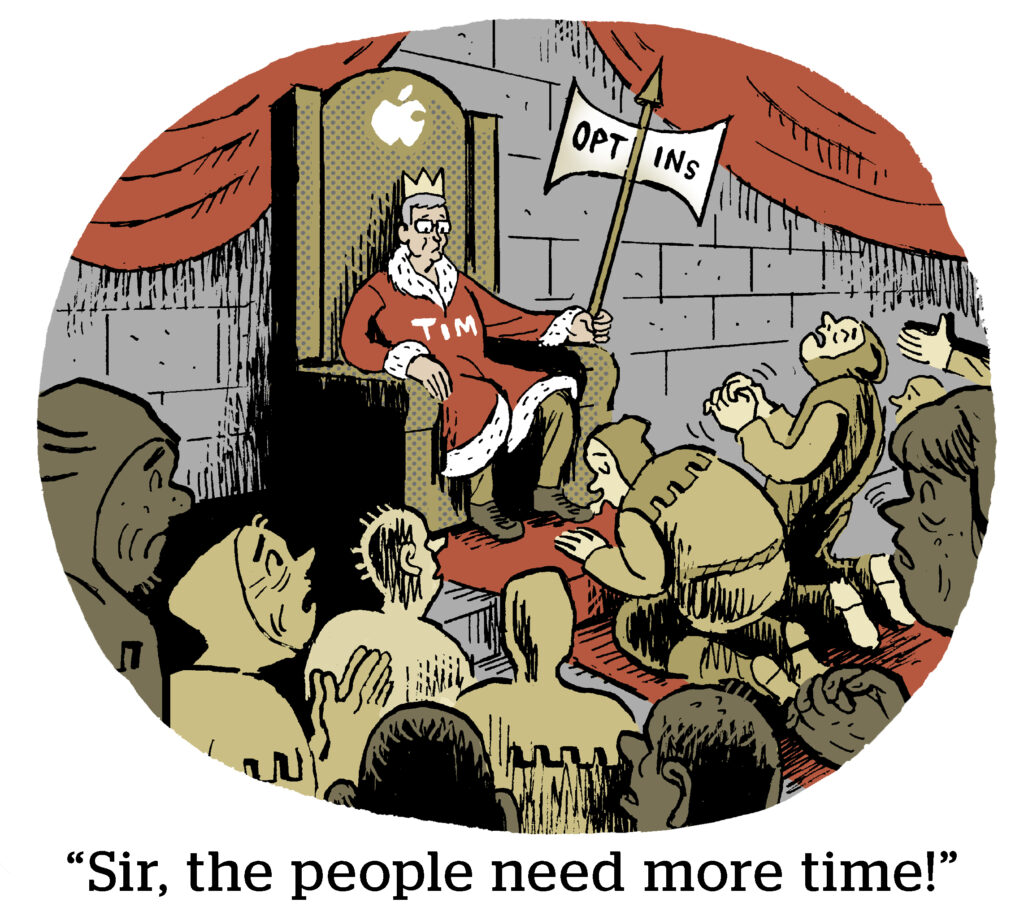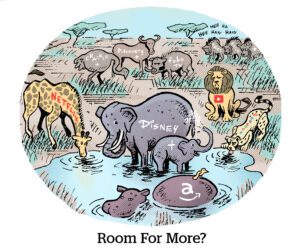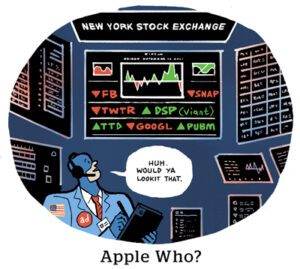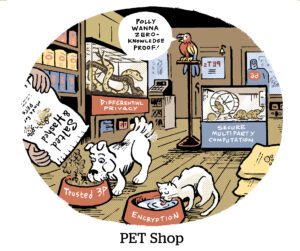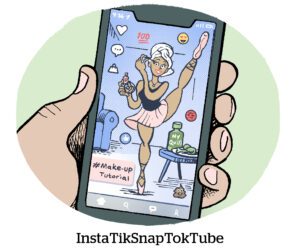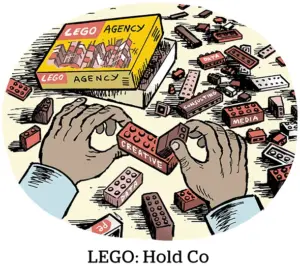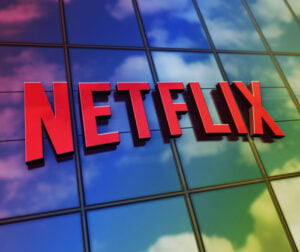Here’s today’s AdExchanger.com news round-up… Want it by email? Sign up here.
Off The Sidelines
The growing obsession with attribution means advertisers are often less willing to cross their fingers and bet big without proof. Remember when Mailchimp won the ROI jackpot as the sponsor of Serial, which became a breakthrough hit? That wasn’t a guarantee.
Sponsoring off-beat sports is one of the last holdouts of this type of hit-or-miss and win-big advertising – and the Olympics is a good opportunity to experiment as niche sports like rock climbing get their moment in the Paris sun, Digiday reports.
There’s lots of evidence that taking a chance on a niche sport can produce a big return.
A Formula 1 sponsor five years ago is no doubt still thanking its lucky stars (and Netflix) for the popular “Formula 1: Drive to Survive” series.
Upstart soda brand Poppi, meanwhile, is an early pickleball sponsor, and brands like Monster Energy and Red Bull have executed the strategy as well. Not to mention Jack Links Jerky, now the world’s largest maker of beef products, which jumped from regional brand to national player after a sponsorship deal with the World Series of Poker just before ESPN signed a national broadcast deal for the tournament.
GAID Forbid
Google’s now-former plans to deprecate third-party cookies are in the rearview window. But what about Google’s mobile ad ID?
As Eric Seufert at Mobile Dev Memo notes, when Google first announced the Android Privacy Sandbox in early 2022, it hinted at plans to deprecate the Google ad ID (GAID) within two years.
Eliminating GAID entirely seemed like a bold choice at the time, given that the IDFA, Apple’s ad ID, had been transitioned to an opt-in approach.
Now that more than two years have gone by since the original announcement – and it’s been a year since the Android Privacy Sandbox entered beta) – one would be forgiven for wondering what’s up with GAID. Might Google not deprecate it after all?
Don’t hold your breath, according to Seufert. Google has made it very clear that the Privacy Sandbox is still developed, and it’s unlikely Google would continue investing in a tool made essentially irrelevant by the preservation of mobile ad IDs … or would it?
Where Maps Are Heading
Apple has released a public beta version of Apple Maps, now finally available on web browsers (and thus to everyone, not just Apple device owners), TechCrunch reports.
It’s a small update, but an important potential indicator of Apple’s plan to offer more in-app services and advertising itself, rather than via a partnership with Google.
Apple Maps has long been an underdeveloped product, largely because everyone uses Google Maps thanks to the iOS search licensing deal with Google.
This beta release isn’t a world changer, but the map app is a necessary add-on for Apple to have its own voice-based AI system – what Google calls a “universal agent.”
The best commercial applications of these voice-prompt services (whether it be Siri right now or an LLM-based solution in the future) often integrate directly with a map. Think ordering something for pickup at a nearby store, booking a nearby service such as a haircut, making a reservation or placing an order at a restaurant.
Creating a viable Apple Maps app is one of the stepping stones for Apple to move beyond Google as an advertising and search partner and to in-house that business for itself.
But Wait, There’s More!
Publicis has acquired the (aptly named) influencer marketing agency Influential. [Ad Age]
For once, lawmakers and advertisers actually agree on something: Meta shouldn’t shut down CrowdTangle just yet. [The Information]
Retail media startup Symbiosys continues its efforts to get brands and retailers to collaborate on search and social auction bids. [Adweek]
OpenAI announces SearchGPT, its highly anticipated entry into the search market. [The Verge]
In other search news: A former Google privacy engineer launched webXray, a search engine that claims to identify data privacy violations committed by websites. [Wired]
